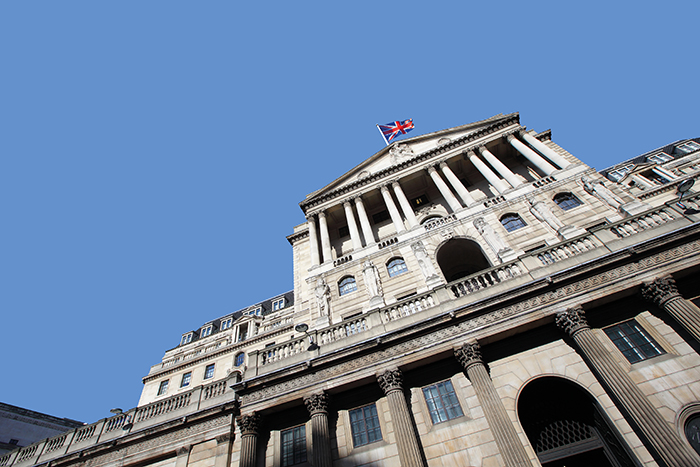
The Bank of England must “see the job through” on bringing down UK inflation, despite the risk of “inflicting unnecessary damage on employment and growth,” said the bank’s chief economist Huw Pill.
“The key element is that we on the Monetary Policy Committee need to see the job through and ensure a lasting and sustainable return of inflation to the 2% target,” Pill told a research conference organised by the South African Reserve Bank, reported Reuters.
These comments will further boost market expectations that the central bank’s rate-setting committee will again hike the base rate when it publishes in next report on 21 September.
Investors see an 80% chance that the MPC will raise interest rates to 5.5% next month, and expect rates to peak at 5.75% before the end of the year. Some economists say the UK is on the brink of a recession.
High borrowing costs, affect swap rates, which in turn push up mortgage rates.
The central bank is battling inflation, which fell to 6.8% in the year to July from 7.9% in June, but still remains almost three-and-a-half times higher than its 2% target.
Pill, who is also a member of the MPC, told the conference: “At present, the emphasis is still on ensuring that we are — in the words of the MPC’s last statement — sufficiently restrictive for sufficiently long to ensure that we have that lasting return to target.”
But he added: “Now that policy is in restrictive territory, there is the possibility of doing too much and inflicting unnecessary damage on employment and growth.”
The bank’s chief economist said the committee has no room for complacency as core inflation in the year to July – which excludes energy, food, alcohol and tobacco – rose to 6.5%, unchanged from the year to June, the highest for some 30 years.
Pill said borrowing costs should probably stay high to stifle “stubbornly high” core inflation.



